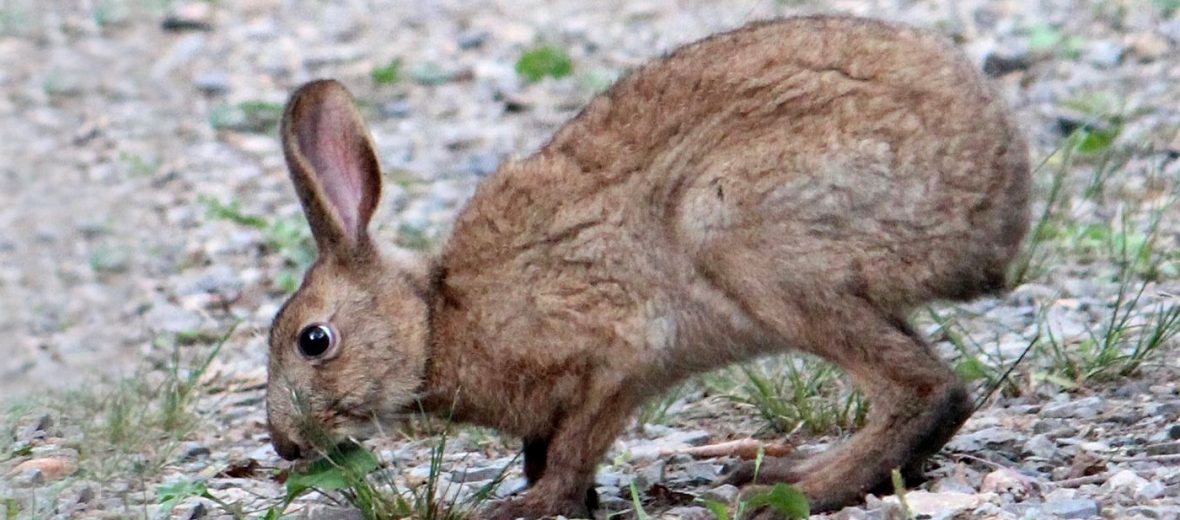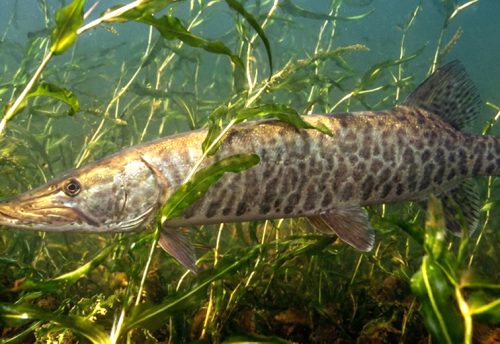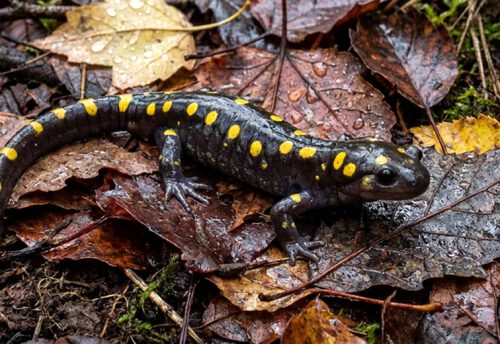
The Japanese hare, aka Nousagi (field rabbit), can be found in the Kyushu, Honshu, and Shikoku islands of Japan. They prefer hillsides and mountainous areas with shrubs and forests. Even though they face the threats of habitat destruction at the hands of residential and urban development, as well as dam/water management; hunting; trapping; and invasive species (and with them disease and competition for food), these critters are still listed as Lease Concern by the IUCN. Their populations are stable.
First the Stats…
Scientific name: Lepus brachyurus
Weight: Up to 5.5 lbs.
Length: Up to 21 inches
Lifespan: Up to 4 years
Now on to the Facts!
1.) These hares are crepuscular (active at dawn and dusk).
2.) While typically silent, like other hares, they will emit a distress call, when threatened.
3.) They don’t create their own burrows, but rather prefer to take up residency in abandoned burrows of other critters or will just hide in bushes.
4.) Japanese hares are solitary and only come together to mate.
5.) A group of hares is called a drove.
But wait, there’s more on the Japanese hare!
6.) These herbivores (eat plant matter) feast on bushes, grasses, shrubs, and occasionally the bark from trees.
7.) The Japanese hare is polygynandrous (promiscuous – males and females have multiple partners).
Did you know…?
These hares can run at speeds of up to 37 body lengths per second! Humans can only run upwards of 6 body lengths per second.
8.) Males box each other for breeding rights.
9.) Females undergo up to a 45 day gestation (pregnancy) that yields up to 6 leverets (babies).
10.) A female will produce several litters each year.
11.) They are preyed on by birds of prey and Japanese martens.
Now a Short Japanese hare Video!
This video talks about the differences between hares and rabbits.
Be sure to share & comment below! Also, check out the Critter Science YouTube channel. Videos added regularly!
Want to suggest a critter for me to write about? Let me know here.



